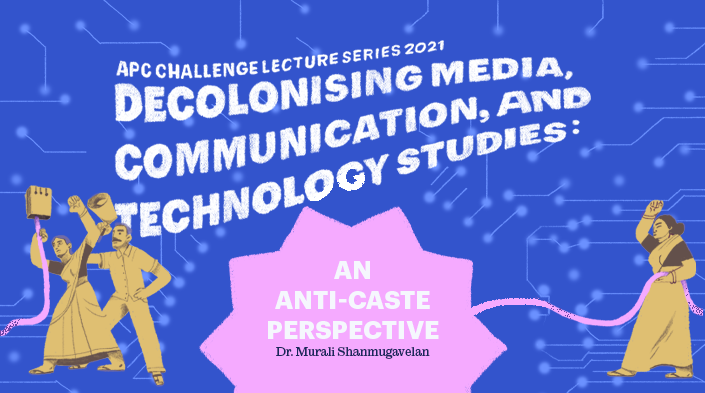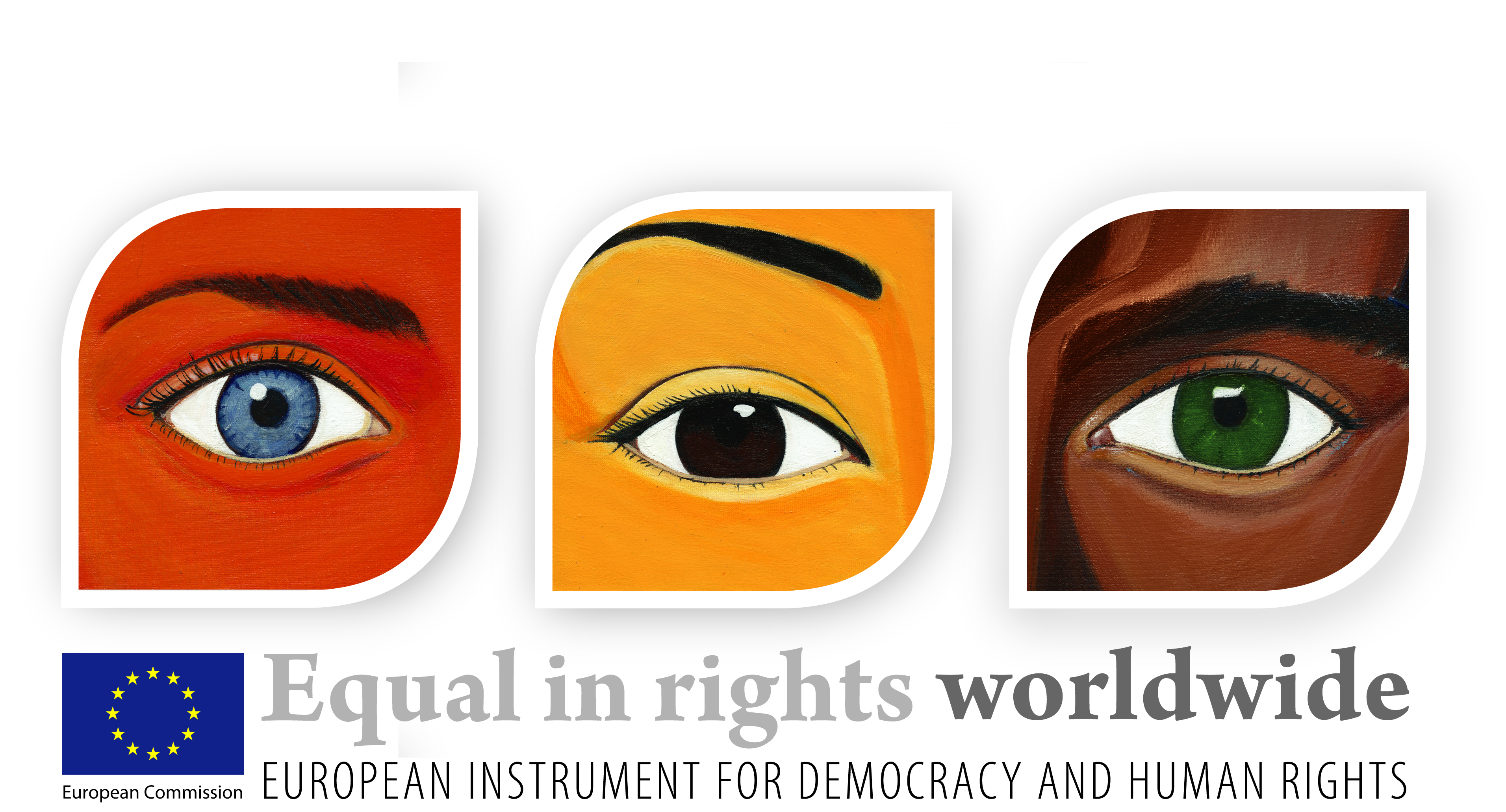
By APCNews
Published onPage last updated on
The Challenge Lecture Series 2021, "Decolonising media, communication and technology studies: An (anti)caste perspective", which began on 6 August 2021, aims to explore how caste is studied and analysed in the current context of media and technology and make recommendations on new approaches to fully understand caste and analyse how it affects societies across the world.
The first lecture of the series, “Dewesternising media, communication and technologies research”, laid out arguments on why caste deserves critical and analytical scholarship from communication experts to fully investigate and discover how it manifests itself in today’s societies, specifically in media, technology and digital cultures.
Dr. Murali Shanmugavelan, a Faculty Fellow of Race and Technology at the Data & Society Research Institute, led the day’s lecture and opened with a discussion on why caste is not just restricted to India and South Asia anymore, but has extended beyond these geographical constraints with many caste-affected societies present in different parts of the world. Caste is a global phenomenon affecting a fifth of the world’s population, and like race, caste remanifests itself in people’s daily practices and social interactions, resulting in oppression and discrimination in varying forms and degrees.
Dr. Shammugavelan argued that caste studies suffer from the double coloniality of both a Westernised way of understanding media studies and dominant caste Indian scholars following this trajectory, even if it does not necessarily fit in fully understanding caste. An example of this is how caste hierarchy and bonded labour practices are viewed, where bonded labour may facilitate everyday practices that are not caste-sensitive yet internalised so deeply that they are not considered offensive anymore.
Dr. Shanmugavelan also shared that when viewed through a communications lens, problematic manifestations of caste are not only reserved to exceptional cases of crimes like murder or rape, but can also be present in how caste hierarchies affect the quality of life that Dalits have – for example, the public spaces they can access and enjoy, and how they present themselves to the society through the things that they possess. He also noted that caste manifests itself in communication, through verbal notes, cues, signs, and even the spaces where people interact with each other and express themselves.
In this vein, caste violence should not be confined only in reference to brutal crimes, but should also be seen through symbolic violence that members of the non-dominant castes, especially Dalits, experience every day.
Lastly, Dr. Shanmugavelan noted that the caste articulation also circulates in what is private and what is not. Caste articulation can never be private, since it can only manifest in relation to a caste hierarchy.
In the next session, “A proposal for caste-ing out media”, Dr. Shanmugavelan will discuss approaches to studying and understanding caste in media and technology beyond the usual Western ideologies and research methods.
Listen to Part I of the three-part series here:
The summaries and recordings of the other two sessions of this series can be found here:
Lecture 2: A proposal for caste-ing out media (Explores the role that the media plays in ushering in a caste-sensitive society)
Lecture 3: How do we build a caste-sensitive internet? (Reflections on decolonising the internet from an anti-caste perspective)
Disclaimer: APC organises these discussion spaces to foster reflection and exchanges of perspectives on issues that are crucial to advance human rights and to push back against hate speech and discrimination. We find significant value in bringing together a diversity of perspectives and opinions. The reflections of the presenters and participants are their own and are not representative of APC's views on these matters.
This lecture series is being organised by the Challenge project, which is funded by the European Instrument for Democracy and Human Rights.



